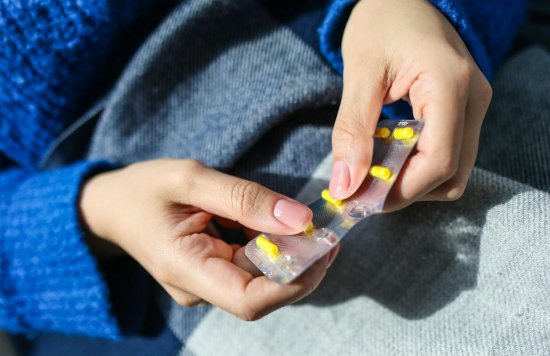A new dispensing system developed by CLEO Systems is transforming outpatient prescribing by implementing an electronic prescription solution across four hospital trusts in North East London.
The CLEO SOLO Electronic Prescribing System (EPS) has digitalised the process of sending FP10 prescriptions within a secondary care outpatient setting to community pharmacies. This enables patients’ prescriptions to be created and sent electronically to a pharmacy most convenient for the patient - similar to how many GP practices operate.
Andrea Okoloekwe, ELFT Deputy Chief Pharmacist (London Services) says: "This new electronic prescribing system will streamline how people get their medication. Additionally, it will benefit individuals or family members who will be able to pick up prescriptions at a pharmacy convenient to them. It will reduce the risk of delays and missed doses, and make better use of everyone's time."
Not only does this improve the experience for patients and the prescribing clinician, it also relieves pressure on GPs from prescribing medication to patients that they have not directly assessed, alleviating the burden on already busy primary care services
CLEO Systems is implementing its electronic prescription solution within four hospital NHS trusts in North East London: Barking, Havering and Redbridge University Hospitals NHS Trust (BHRUT), East London NHS Foundation Trust (ELFT), North East London NHS Foundation Trust (NELFT) and Homerton Healthcare NHS Foundation Trust.
Following a successful deployment, the solution is being used in a range of secondary care clinical outpatient settings including: Ophthalmology, Cardiology, Rheumatology, Gastroenterology, Child and Adolescent Mental Health Services, memory services, perinatal services and ENT. Its adaptable integration sets the stage for increased efficiency, enabling clinicians to focus on patient care by eliminating administrative restrictions.
In some cases, clinicians will see their time released where they might normally have spent time on administration or travelling, giving them more time to care for their patients. In others, remote clinic patients will be able to obtain their medication quickly and conveniently with an easier process that avoids handling of Controlled stationary, as there is no need to order, keep, stamp and record each paper FP10.
The solution dramatically reduces ‘time sapping’ processes and duplication of work that frequently occurs between primary and secondary care, as well as costs associated with FP10 pad orders and postage.
The new system not only optimises efficiency but also champions sustainability. Patients no longer need to retrieve paper prescriptions from a hospital setting after remote consultations. This pivotal shift aligns with CLEO Systems’ commitment to patient choice and a sustainable healthcare approach.
